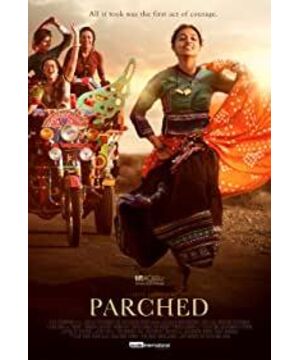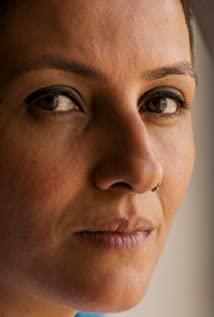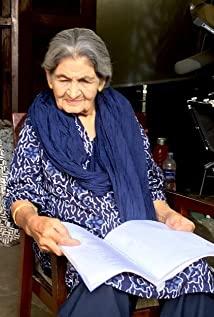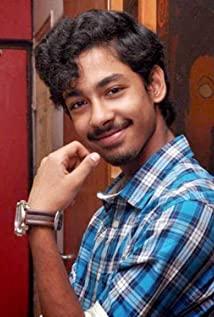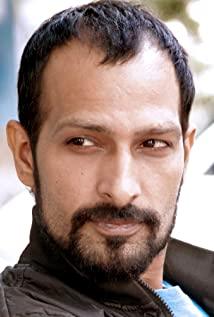Three heroines: Rani, who has been widowed and widowed for 15 years, pulling her son alone, Lati, who is unable to conceive and suffers domestic violence, and Bikili, a charming dancer.
A series of contradictions and setbacks in the film: Mortgage the house to marry his son (15-year-old bride Zhan Qi) Hope to have a child, let the status quo change, give up pride and self-esteem, compete with the new dancer, force yourself to accept 800 rupees The physical and mental destruction of "play"
Through this film, you can see the life of Indian women under the caste system, and stupid words such as "girls who read books will be bad wives, you should learn how to please your husband" are endless.
The feudal tradition, clothed in "morality" and "custom", poisons all people, isolates them from civilization, loses their ability to think independently and distinguish right from wrong, and forces them to worship, ignorantly and obediently to those upper-level authorities, regardless of who they are. Right and wrong, firmly control the thoughts of generations.
There was also a glimmer of hope in the dark tone: the educated Kishan couple devoted themselves to helping women in the village for free, and made great efforts to this end, but they harmed the rights and interests of the "elders' body" and some villagers. It was to be expected that he would leave in despair.
On the day of the Tokachi Festival, the three protagonists finally ushered in a major change. They each made a choice in the face of their destiny. The end of the movie became the starting point for their self-awareness awakening and independent personality establishment. The protagonist cuts his hair short and heads for an unknown future.
Although the situation after the end is not optimistic in my opinion, the film is over.
As for how to change the status quo, the director has already explained it through Rani's mouth.
"Let her go to school."
View more about Parched reviews


